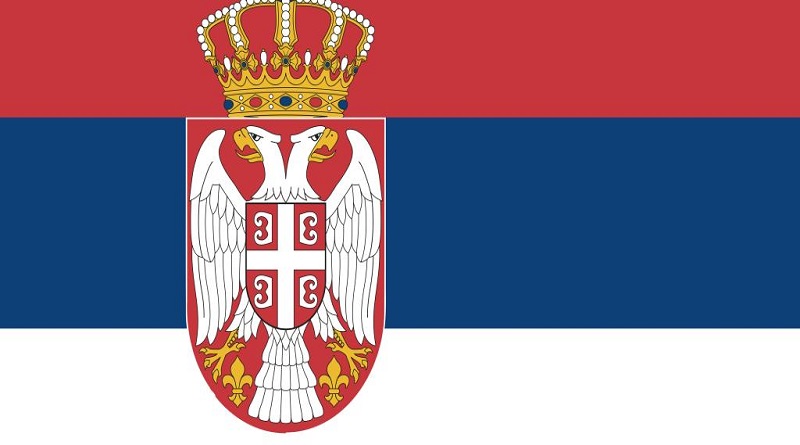Serbia becomes 152nd Party to the Minamata Convention
On 10 April 2025, Serbia will officially become the 152nd Party to the Minamata Convention on Mercury, a key step in joining the global efforts to make mercury history.
The ratification follows that of Liberia and Maldives on 24th September 2024 bringing the total Party member to 152.
With the ratification, the total number of parties to the Minamata Convention is now 148 as follows: Africa-44; Asia Pacific -37; Eastern European States- 19; Latin America and the Caribbean -26; and Western European and others group-26.
Similarly, the Convention also has 156 Focal points: Africa-51; Asia Pacific-48; Eastern European States-24; Latin America and the Caribbean-41 and Western European and other States-32. The reporting rate is 80 per cent.
The Minamata Convention which entered into force on August 16, 2017 is the first global treaty that seeks to protect human health and the physical environment from mercury emissions and releases into the environment.
The Governing Council of the United Nations Environment Programme (UNEP) had in February 2009 adopted Decision 25/5 on the development of a global legally binding instrument on mercury.
However, following the conclusion of the negotiations at the fifth session of the Inter- governmental Negotiating Committee (INC5), the text was adopted and opened for signature at a Diplomatic Conference (Conference of Plenipotentiaries), held in Kumamoto, Japan from 10 to 11 October 2013, with a ceremonial opening in Minamata on October 9 same year.
Specifically, the objective of the Convention is to protect human health and the environment from anthropogenic emissions and releases of mercury and mercury compounds by measures: to control the supply and trade of mercury; to control mercury- added products and manufacturing processes including artisanal and small scale gold mining; on the environmentally sound interim storage of mercury and on mercury wastes on contaminated sites.
Since it became legally binding in 2017, all hands by governments, non-governmental organisations, development agencies, professionals and other stakeholders have been on the deck to develop policies, programmes and create awareness across the globe on the dangers of mercury to human and physical environment and to make mercury history.




